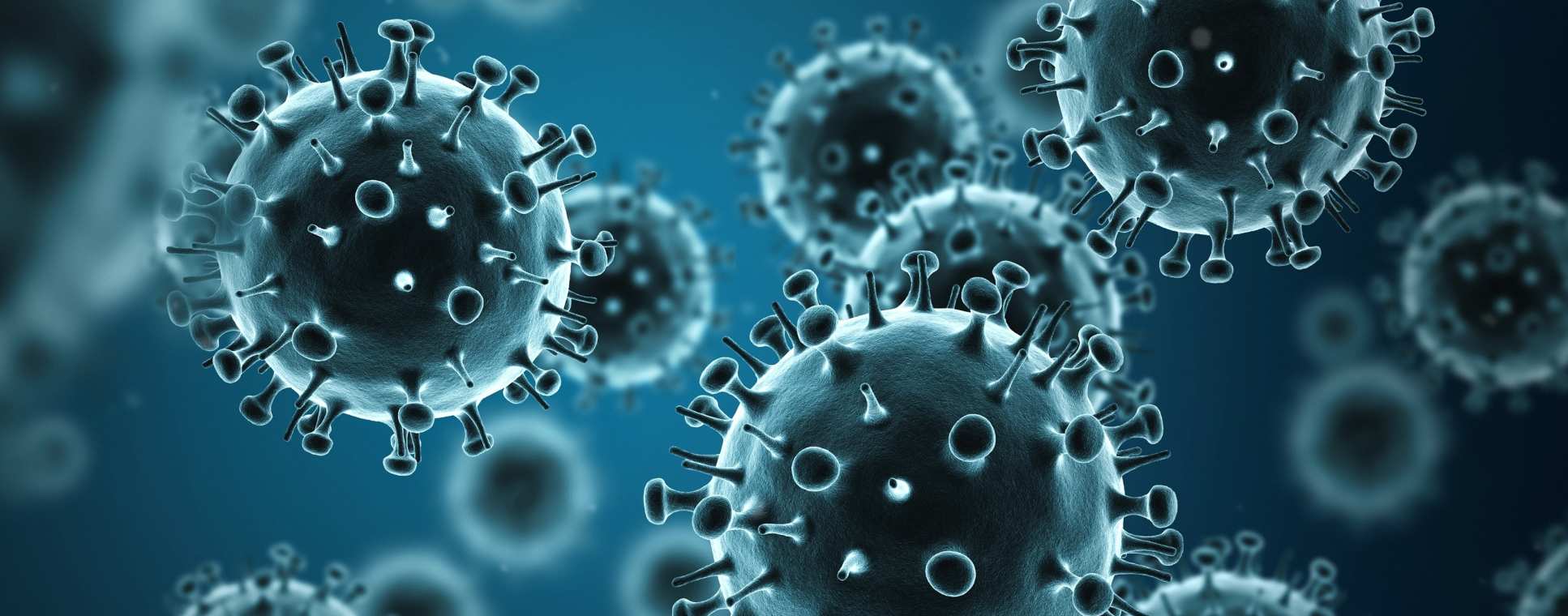Vaccine research
 Chris Chiu’s group focuses on respiratory viruses, such as influenza and respiratory syncytial virus (RSV), which in low resource settings are leading causes of infant mortality and in the UK cause major outbreaks that contribute to intense pressure on the health service every winter. As yet, there is no vaccine against RSV and vaccines for flu need urgent improvement. In order to develop them, it is critical for the field to better understand how the immune system protects against these viruses and why people are often not completely immune after infection. The group, therefore, looks at how human immunity reduces the risk of these infections and how these factors can be enhanced by vaccination. Using controlled human infection models (where volunteers are deliberately inoculated with respiratory viruses) we investigate protective immune mechanisms, with a particular emphasis on those acting in the respiratory tract. Guided by these findings, the group also tests new vaccines and their capacity to induce these immune responses so that ultimately we can identify the most effective strategies for long-term protection.
Chris Chiu’s group focuses on respiratory viruses, such as influenza and respiratory syncytial virus (RSV), which in low resource settings are leading causes of infant mortality and in the UK cause major outbreaks that contribute to intense pressure on the health service every winter. As yet, there is no vaccine against RSV and vaccines for flu need urgent improvement. In order to develop them, it is critical for the field to better understand how the immune system protects against these viruses and why people are often not completely immune after infection. The group, therefore, looks at how human immunity reduces the risk of these infections and how these factors can be enhanced by vaccination. Using controlled human infection models (where volunteers are deliberately inoculated with respiratory viruses) we investigate protective immune mechanisms, with a particular emphasis on those acting in the respiratory tract. Guided by these findings, the group also tests new vaccines and their capacity to induce these immune responses so that ultimately we can identify the most effective strategies for long-term protection.
The pneumococcus is a leading cause of bacterial infections worldwide. The current pneumococcal conjugate vaccines (PCVs) are safe and highly effective at preventing disease, but they do not protect against all types of pneumococcus. Our research focuses on understanding the impact of PCV use on reducing disease in the human population, how the pneumococcus evolves in response to vaccine-induced selective pressures, and how we might use this information to design even better vaccines. Pathogenic streptococci possess virulence mechanisms that can result in failure of innate and adaptive immune responses and failure of clearance. With the increasing understanding of the importance of addressing such virulence mechanisms when designing vaccines, there is now a rationale to systematically identify antigens that when combined can result in protection. The Gram Positive Pathogenesis group have recently demonstrated the feasibility of defining and ranking the targets of protective humoral immunity against group A streptococcus Central to the development of a vaccine for group A streptococcus are models of disease and surrogate assays of immunity; the group are working with a number of collaborators to ensure that these are robust and represent human disease as faithfully as possible.
Pathogenic streptococci possess virulence mechanisms that can result in failure of innate and adaptive immune responses and failure of clearance. With the increasing understanding of the importance of addressing such virulence mechanisms when designing vaccines, there is now a rationale to systematically identify antigens that when combined can result in protection. The Gram Positive Pathogenesis group have recently demonstrated the feasibility of defining and ranking the targets of protective humoral immunity against group A streptococcus Central to the development of a vaccine for group A streptococcus are models of disease and surrogate assays of immunity; the group are working with a number of collaborators to ensure that these are robust and represent human disease as faithfully as possible.
Delivery of vaccines to hard to reach patient groups which are also a focus of the International Health Unit.
Research group members
Angela Brueggemann
/dev01/channel_2/media/migration/faculty-of-medicine/Brueggemann,-Angela--tojpeg_1492684682842_x4.jpg)
Angela Brueggemann
Professor of Infectious Disease Epidemiology
Dr Christopher Chiu
/dev01/channel_2/media/migration/faculty-of-medicine/Chiu,-Christopher--tojpeg_1492684364669_x4.jpg)
Dr Christopher Chiu
Clinical Senior Lecturer
Professor Francis Drobniewski
/dev01/channel_2/media/migration/faculty-of-medicine/Drobniewski--tojpeg_1461161492653_x4.jpg)
Professor Francis Drobniewski
Chair in Global Health and Tuberculosis
Professor Shiranee Sriskandan
/dev01/channel_2/media/migration/faculty-of-medicine/Shiranee-Sriskandan--tojpeg_1461161941989_x4.jpg)
Professor Shiranee Sriskandan
Professor of Infectious Diseases


